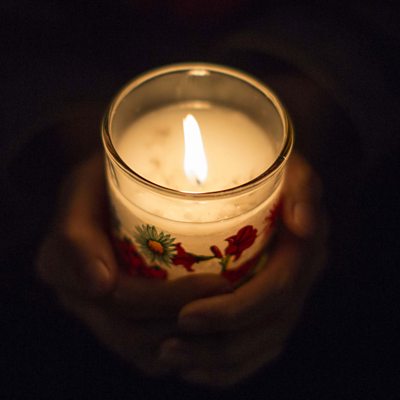Episode details

Available for over a year
The shooting at the Tree of Life synagogue in Pittsburgh -- in which the tragic death toll now stands at 11, has been called the deadliest attack on the Jewish community in the history of the US. In a statement, the Jewish organization, the Anti-Defamation League which fights anti Semitism and all kinds of bigotry said, "It is Sabbath morning, and unthinkable that it would happen in the United States of America in this day and age.’ This violence is understandably shocking but hate crimes against most minorities including Jewish communities are on the rise in the US. The suspect Robert Bowers is said to have posted anti-Semitic material on social media and this attack came just days after the billionaire philanthropist George Soros, a Jewish survivor of the Nazi occupation in Hungary, received a pipe bomb in the mail. Soros’s Jewish heritage is well known in the United States where some political extremists have made his name a synonym for well-worn anti-Semitic slander. It seems that many are increasingly feeding off a climate of fear and lies. How we talk and treat people defines how much civilizational progress we have made as peoples and nations. Most of us who live in the west live in relatively peaceful societies, rid of the tribal, religious and political conflicts which persecute and kill in many other parts of the world; but this civic peace is always fragile because society is still largely framed by the language we use. Language is fundamental to how we affect other people, and how we make others feel. When those in public and political life, create an atmosphere where hateful and derogatory speech becomes a little louder, a little more frequent, a little more acceptable, many will feel emboldened to act. So it’s incumbent on all of us not to normalise hateful words and deeds. Language is itself a loaded weapon with real world consequences. In her 1993 Nobel lecture the novelist Toni Morrison, spoke of the ability of language to oppress and empower, "Oppressive language does more than represent violence, it is violence; does more than represent the limits of knowledge, it limits knowledge." Morrison equated language with existence itself. "We die. That may be the meaning of our lives," she said. "But we do language. That may be the measure of our lives." And when I think of the Prophetic saying, ` speak kind words or remain silent’ I realise it may be impossible for most of us to live by this wisdom, but even with all our complex emotions, each of can say or do something kind for someone today quite simply because kindness and empathy can also become the measure of our lives.
Programme Website